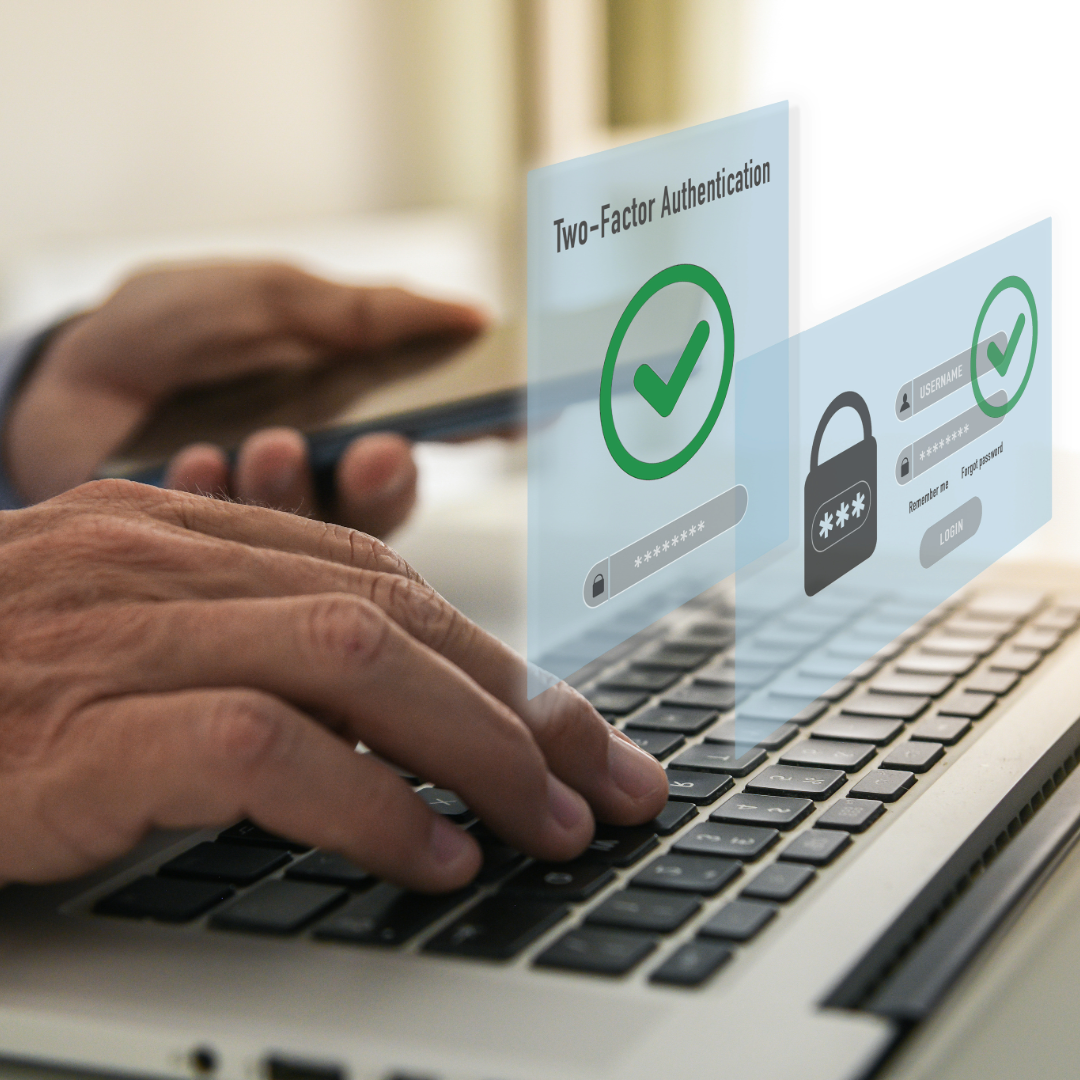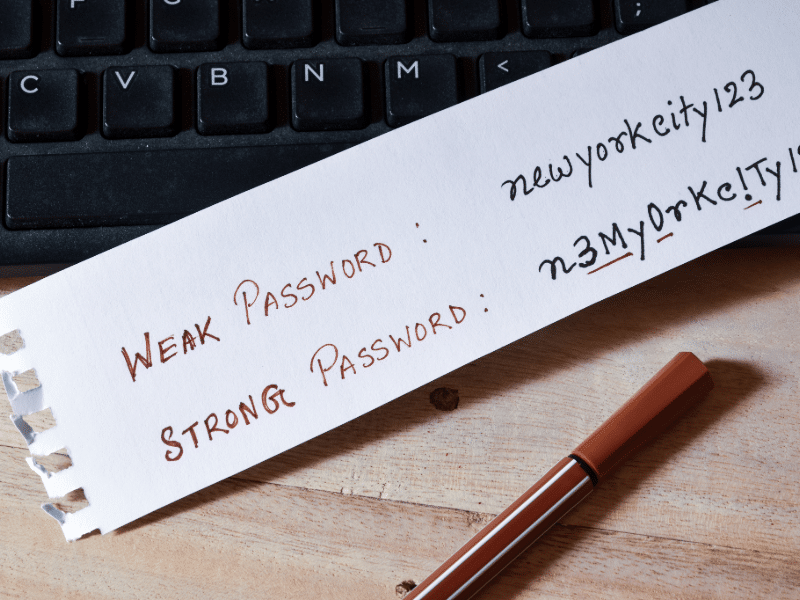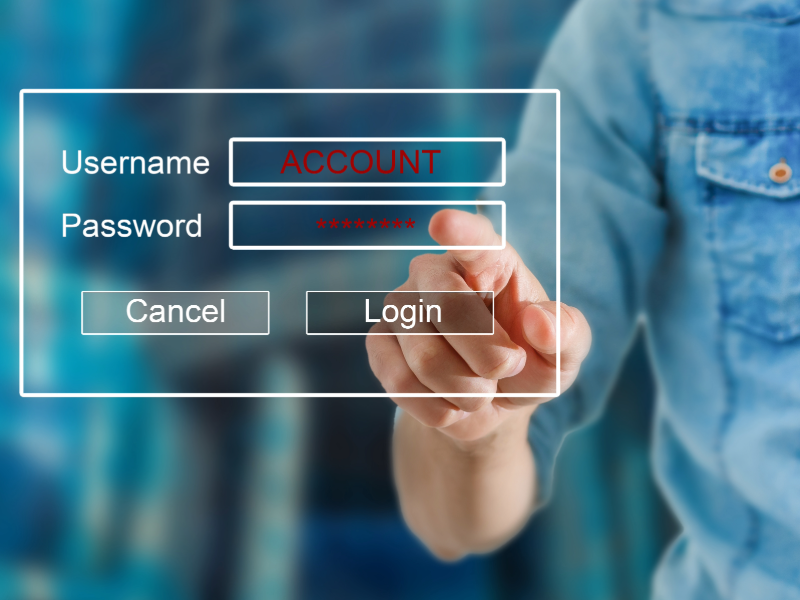Tech Tip #4: Strengthen Your Digital Security with Multi-Factor Authentication (MFA)
In our continuous journey to enhance our client's online security, this month's spotlight is on Multi-Factor Authentication (MFA)—a crucial layer of protection beyond your password. MFA, sometimes known as Two-Factor Authentication (2FA), requires users to provide two or more verification factors to gain access to an online account, ensuring that only the rightful owner can access their information.How Does Multi-Factor Authentication Work?MFA enhances security by combining two or more independent credentials: something you know (like a password), something you have…




